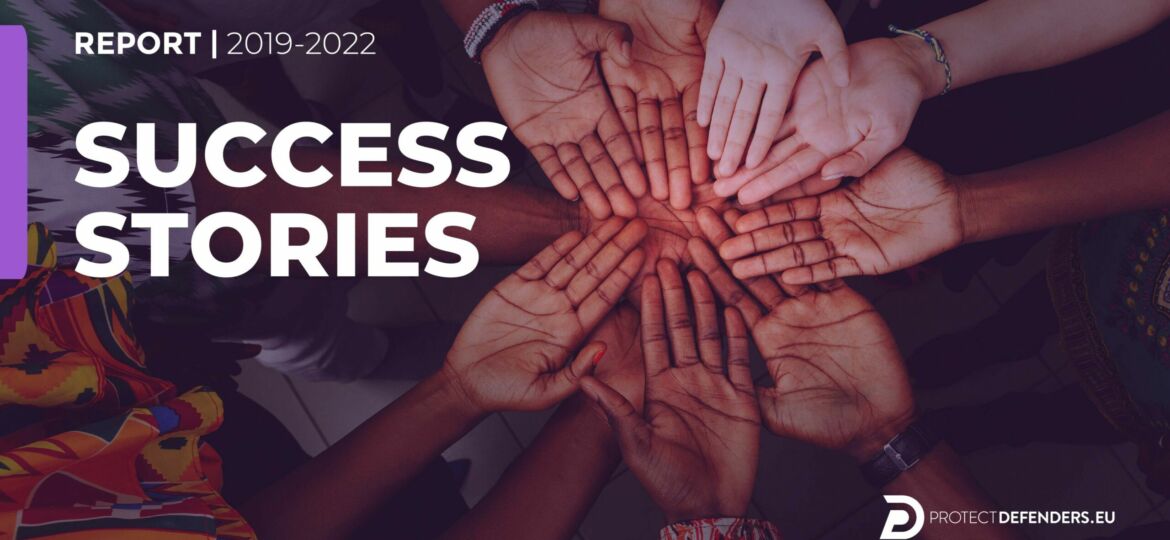
A HRD from Tajikistan was forced to flee the country while his family remained. As his family continued to face pressure and intimidation from authorities, FLD supported with their relocation.
As a teacher working at different schools and universities in Tajikistan, this HRD felt drawn to raise awareness about human rights-related issues including democracy, civil society development, and free and fair elections in his classes. Following the publication of several articles, he started to receive threats and was under surveillance from local authorities. Most recently, in January of 2022, he was called for an interview by the government department. Immediately following this he was advised to leave the country by one of his former students who works within the police force. He left immediately after receiving this warning and travelled to an EU country, where he was sent to a refugee camp and where he has since been granted asylum.
Since his abrupt departure from his home country, his family faced extreme pressure. His wife and children were harassed by police officers on multiple occasions at home, on their way to school, and while the children were at school. His wife was put under surveillance by undercover agents, interrogated repeatedly by police officers, and she was assaulted – all part of a coordinated effort to intimidate the HRD. A knock-on impact of this harassment was that his wife started to experience physical health problems.
FLD offered a combination of a relocation and family support grant. The grants and protection teams worked together to develop a support package for the whole family. As a result, the family was able to reunite in a third country, to apply for visas to the country where the HRD had relocated, and then to receive medical care to address the health issues that had developed during their time apart.
Following their relocation, part of their grant went toward a rest and relaxation stay to spend time together and recharge their batteries before fully transitioning into life in their adopted country. Front Line Defenders’ work to develop a bespoke, holistic solution for this HRD and his family allowed the family to recuperate after a challenging period, and ultimately has helped the HRD regain his footing in their adopted country where he continues to conduct human rights work.
When working with HRDs, Holistic Protection should be evaluated during the risk assessment process, in order to get a full picture of the HRD’s security situation. Without employing a holistic approach, protection strategies risk being ill-adapted to the HRD’s needs, or the HRD risks being unable to put them into practice effectively. With this case, FLD recognised that the HRD could not be secure and could not continue his human rights work until his family were safe.
This article is part of a series of articles published in conjunction with the report, providing complementary information. You can read the full report “HOLDING THE LINE – PROTECTING HUMAN RIGHTS DEFENDERS IN THE FACE OF GLOBAL BACKLASH” here.


